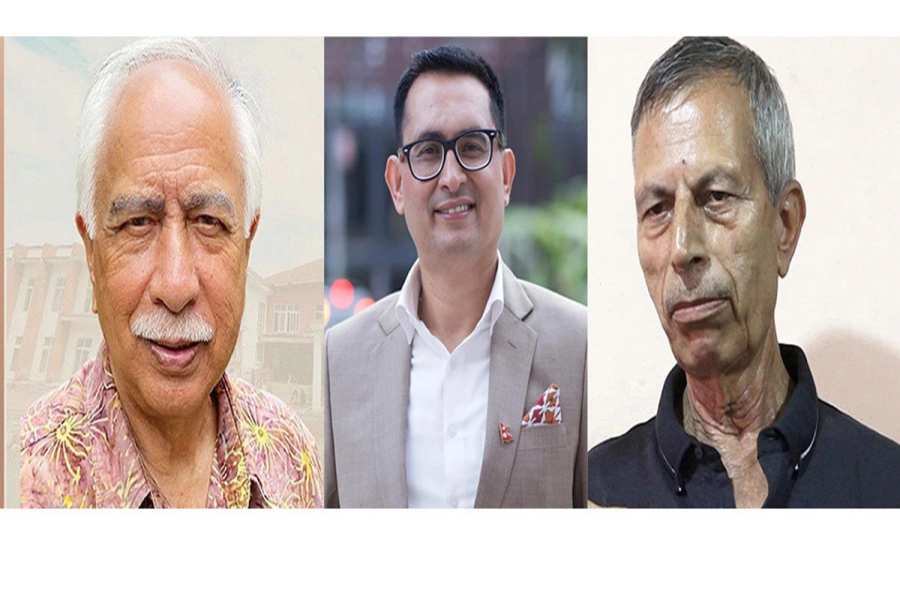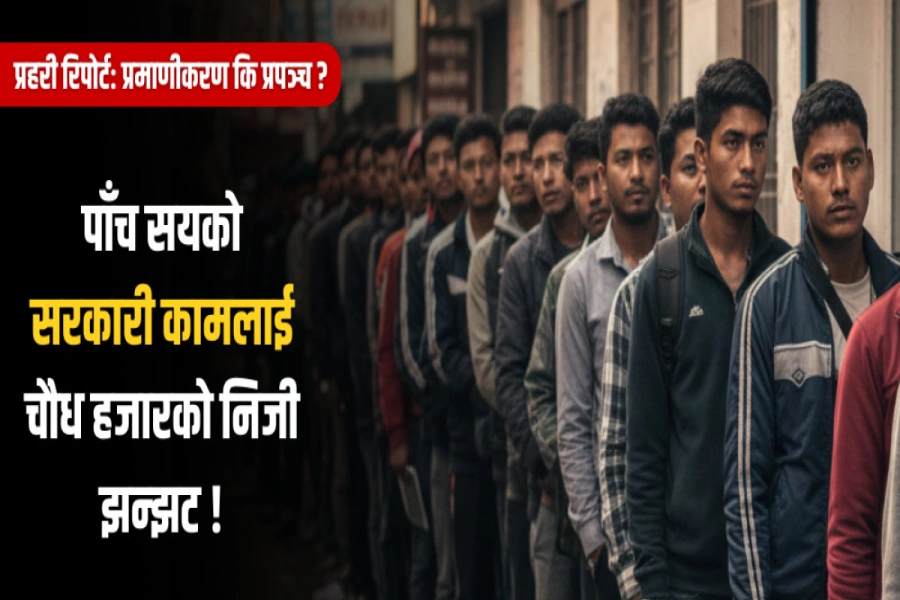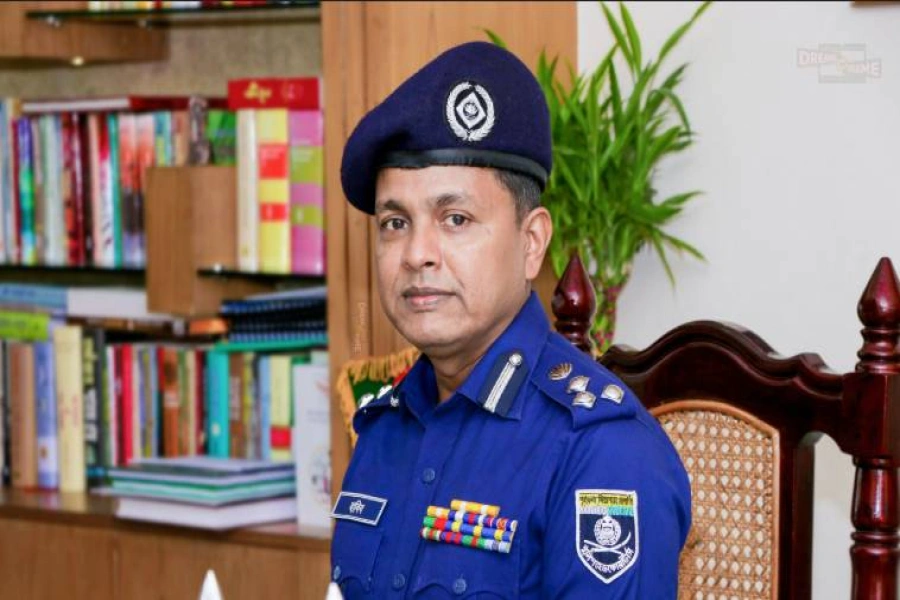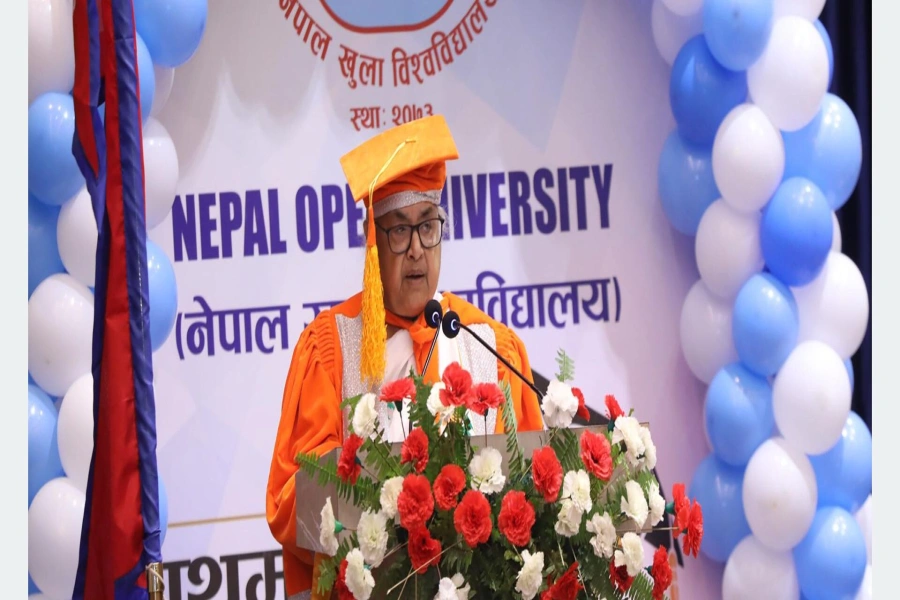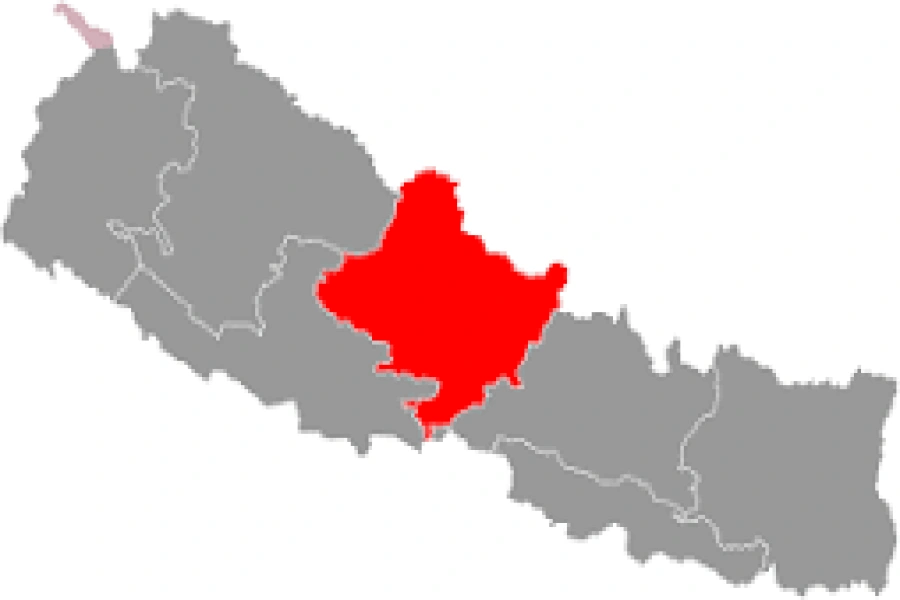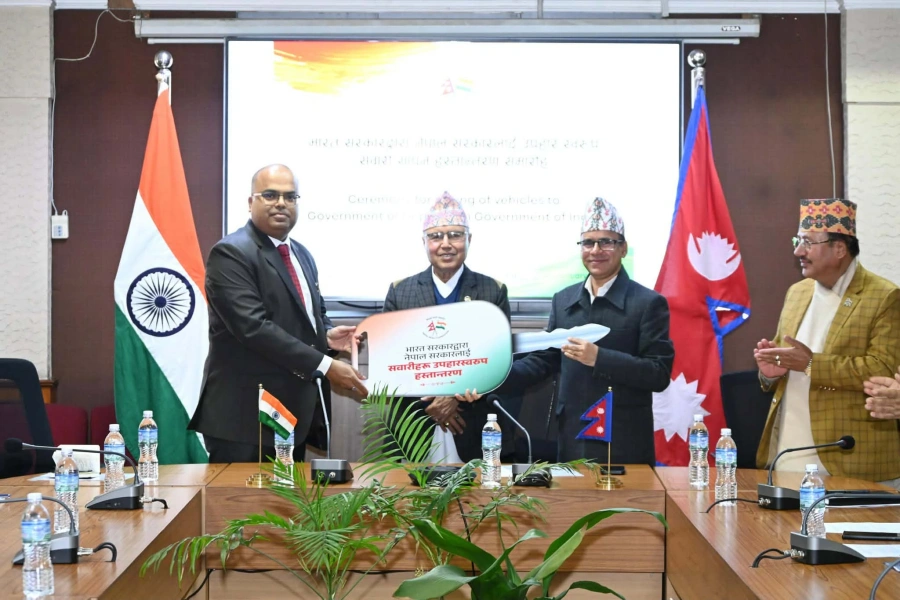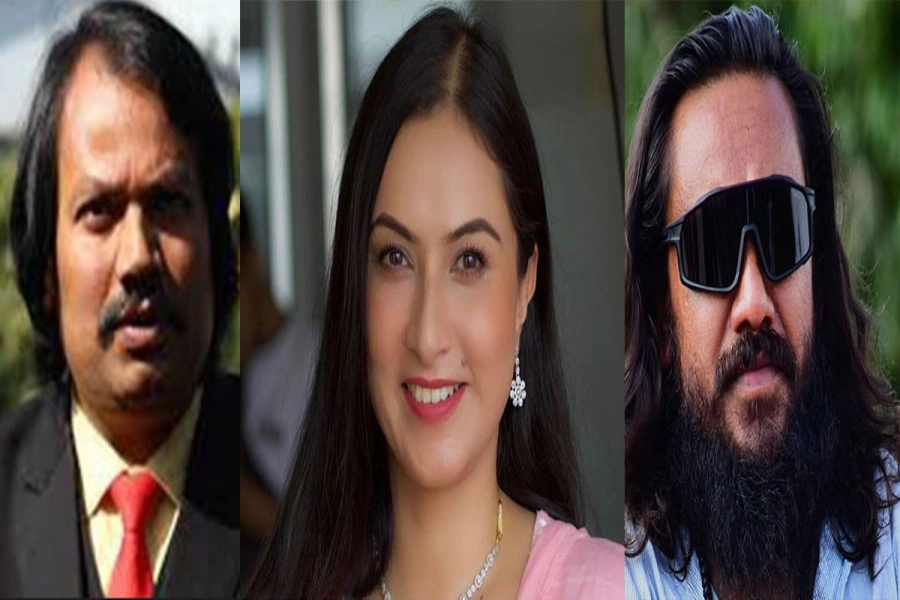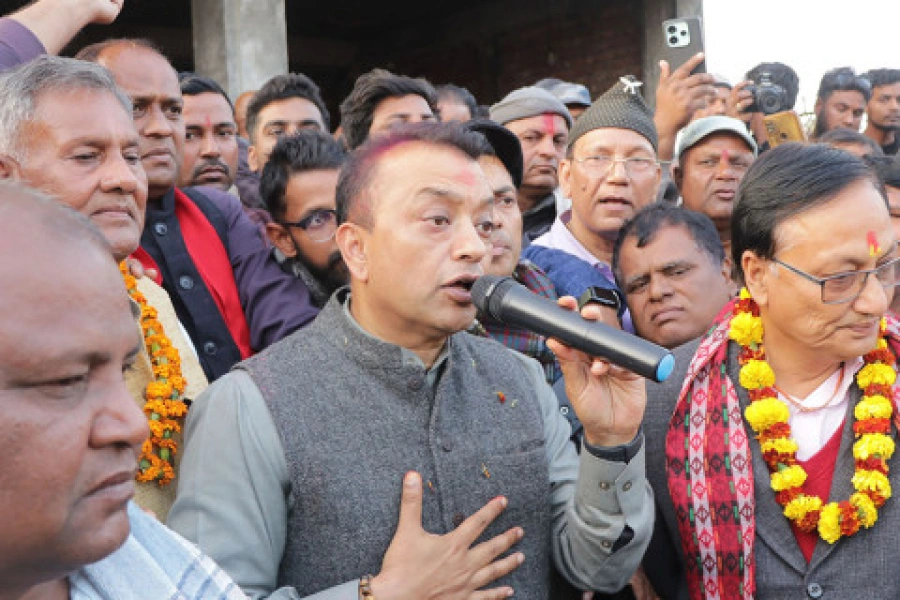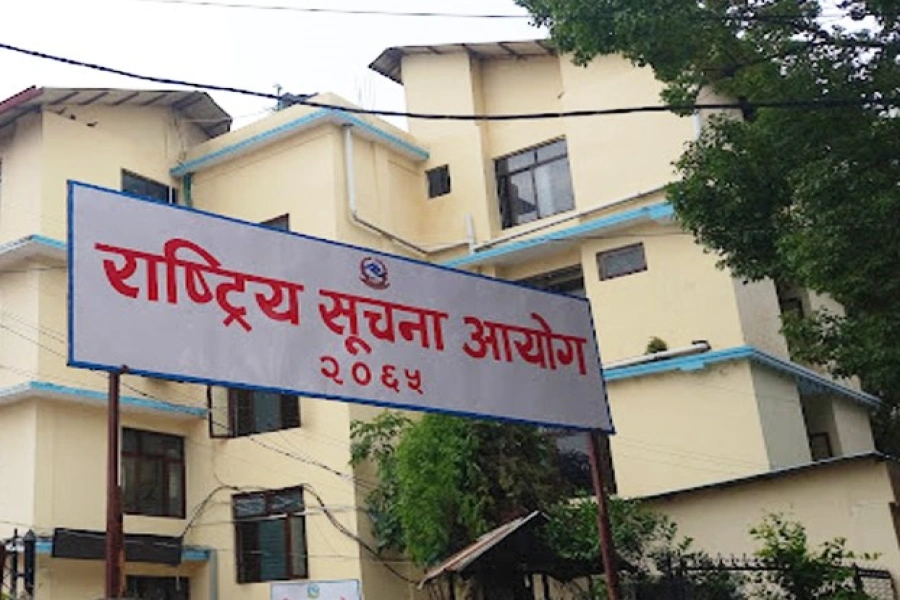The recent by-elections have sent a clear message to established political forces: citizens are seeking results from politics and are fed up with traditional parties that only enjoy the 'musical chair' of power. The emergence of the Rastriya Swatantra Party (RSP) as the fourth largest party in the general elections held last November, within a few months of its establishment, and its resounding victories in two of the three constituencies in the by-elections held on Sunday, have reaffirmed the need for traditional parties to reform themselves or risk further erosion. In both the constituencies, Chitwan-2 and Tanahun-1, RSP candidates won by a wide margin, which hardly constituted a contest. Another newly-formed Janamat Party led by Dr CK Raut posed a formidable challenge to Janata Samajbadi Party (JSP) Chairman Upendra Yadav in Bara-2 despite alliance of all ruling parties. This is a clear indication that voters are moving away from tried, unmotivated, and dreamless parties at a rapid pace. This highlights the need for major parties to implement internal reforms in their respective parties, realizing that the people intend to weaken traditional powers and establish new national and regional powers. They urgently need to do their homework on how to connect with the public to maintain their relevance.
In fact, the parliamentary election held in November 2022 had already given a major lesson to the established political parties. But they failed to reflect on how a newly-formed party, RSP, for instance could emerge as the fourth largest party in parliament within a few months of its establishment. Instead, the trend of big parties did not improve much. From the formation of the government to the election of the president, there were inevitable political upheavals. The lesson taught by both general elections and by-elections is that a large number of voters are no longer willing to remain 'party slaves.' This is the heroism of the sovereign citizenry and the beauty of democracy. No political power is comfortable anymore without a direct link to citizens' lives, such as good governance and public service delivery. Legacy politics or struggles of the past are no longer enough to win people's votes. It is time for political parties to understand that citizens are looking for results from politics, and they need to deliver their promises to stay connected with the people in a meaningful way and maintain their relevance. The emergence of new parties and faces, such as the Rabi Lamichhane-led RSP and the Dr Raut-led Janmat Party is a clear indication that citizens are looking for alternatives to the traditional parties.
Traffic resumes on Kagbeni–Muktinath road
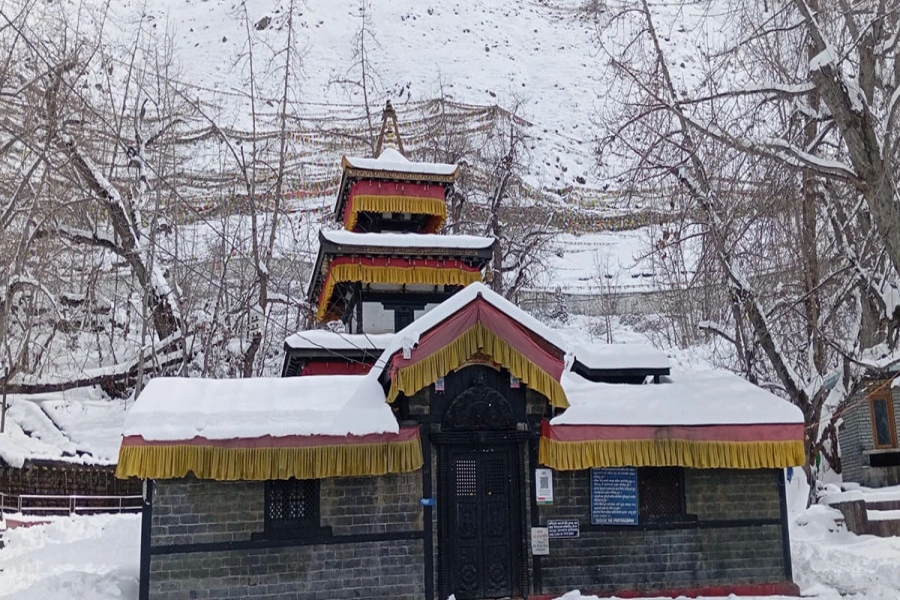
The results of the by-elections may not have much of an immediate impact on the current political equation inside Parliament, but they have certainly reaffirmed a decisive shift in public sentiment outside the corridors of power. The electorate is increasingly disillusioned with the established political parties and their leadership, and they are willing to take their chances with new faces and ideas. The success of these new parties is a clear indication that the public wants change and is looking for fresh ideas and leadership. The victory of Swarnim Wagle in Tanahun is a case in point. Wagle, who defected to the RSP only a few days before his candidacy nomination, cited the lack of opportunities inside the Nepali Congress (NC) as his reason for leaving the party. His public approval will undoubtedly rub off on the RSP and may continue to expand its voter base.
While the rise of new parties like the RSP and the Janamat Party indicates a shift in public sentiment, there is also a danger that populist leaders could exploit this disillusionment and exacerbate cynicism. This could have a cascading effect that could persist until the next round of elections in 2027. Therefore, it is essential that the old parties create room for young, ambitious leaders from various parties who have grown frustrated with the old guard at the top. Furthermore, the success of the RSP and the Janamat Party could prompt established parties to reset their culture, a move that could benefit them in the long run. Leaders like Gagan Thapa and Bishwa Prakash Sharma from the Nepali Congress have been more vocal in their calls for new leaders with fresh ideas to be brought into the party's top tier, which has been stagnant for a long time. The old parties and their leadership have four years to make amends and restore public trust. Those who ignore the early signs of the national mood swing do so at their peril. The public is eager for change, and the parties that can deliver it will undoubtedly reap the benefits in the upcoming elections. The recent victories of the RSP send a clear message to established political forces that they must reform themselves or risk further erosion. It is up to the traditional parties to take this message seriously and make the necessary changes to connect with the people and provide them with the results they expect from politics.




